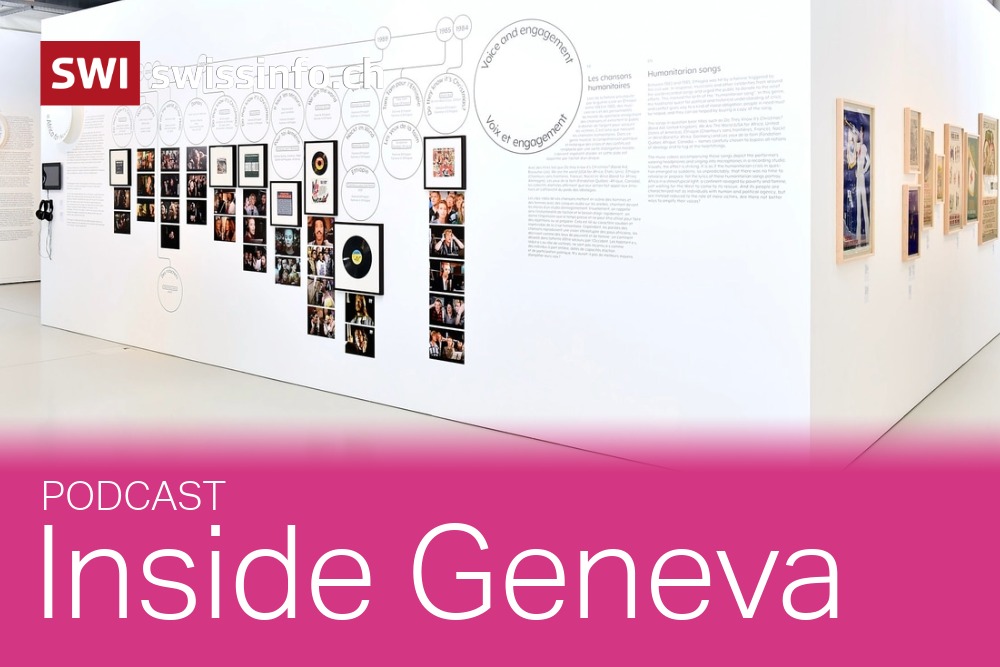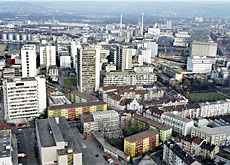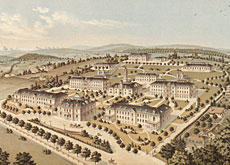
Life sciences flourish in Switzerland

Swiss regions, especially Basel and Geneva/Lausanne, have been among the most dynamic in the life sciences over recent years, according to an international report.
Zurich is also well positioned in international comparisons, having built up very respectable potential in the field of medical devices.
The report from the BAK Basel Economics research group, “Monitoring Life Sciences Locations”, links information on the performance of life sciences locations in 16 regions and 15 countries.
Of the regions surveyed, average financial growth was highest in the Geneva region, which showed an increase of 15 per cent between 2000 and 2004.
Basel was runner-up with 12 per cent, followed by the American state of New Jersey, Oxford and London. Zurich came tenth with four per cent (compared with a decline of one per cent over the previous five years).
But the possession of very good and quantitatively convincing innovative capacity was not enough to ensure success – especially if companies’ hands were tied when it came to bringing new knowledge to market, said the report.
The crucial ingredients of performance of the life sciences industry is the capacity for innovation and high-quality research in universities, said the report.
First-class
In this regard, regions in the United States showed a clear advantage: they possess more first-class universities thanks to their funding structure and inbuilt incentives.
The European alternative of financing universities with taxpayers’ money could not compete with the private financing of the American or British universities, said the report.
It went on to criticise the regulatory red tape that held the life sciences back.
Another factor considered was the acceptance of new technologies. Surveys in the past by BAK have shown that Switzerland leads the US in this regard, and the US in turn leads the other European countries.
Another important factor is the official procedure for registering new medicines. Here Switzerland and the US are neck-and-neck, while the EU imposes more unfavourable conditions.
The report concluded that for the Swiss locations it is most necessary to take action with respect to their universities, especially regarding their innovative capacity and their mass deficit in terms of quality and innovative power.
swissinfo with agencies
A recent European Union report ranked Switzerland’s innovation performance as second behind Sweden in a comparison of 33 countries, including the United States and Japan.
But Switzerland dropped down the ratings in the EU Innovation Scoreboard 2005 when it came to turning ideas into products and producing science and engineering graduates.
The government Innovation Promotion Agency that helps convert laboratory ideas into products funded 448 projects in 2004 with SFr70.8 million ($55 million).
“Life sciences” is defined generally as all sciences concerning organisms, such as plants, animals and people.
More specifically it encompasses companies in the fields of biotechnology, zoology, physiology, pharmaceuticals, biomedical technologies, food processing, cosmetics and the environment.

In compliance with the JTI standards
More: SWI swissinfo.ch certified by the Journalism Trust Initiative









































You can find an overview of ongoing debates with our journalists here . Please join us!
If you want to start a conversation about a topic raised in this article or want to report factual errors, email us at english@swissinfo.ch.